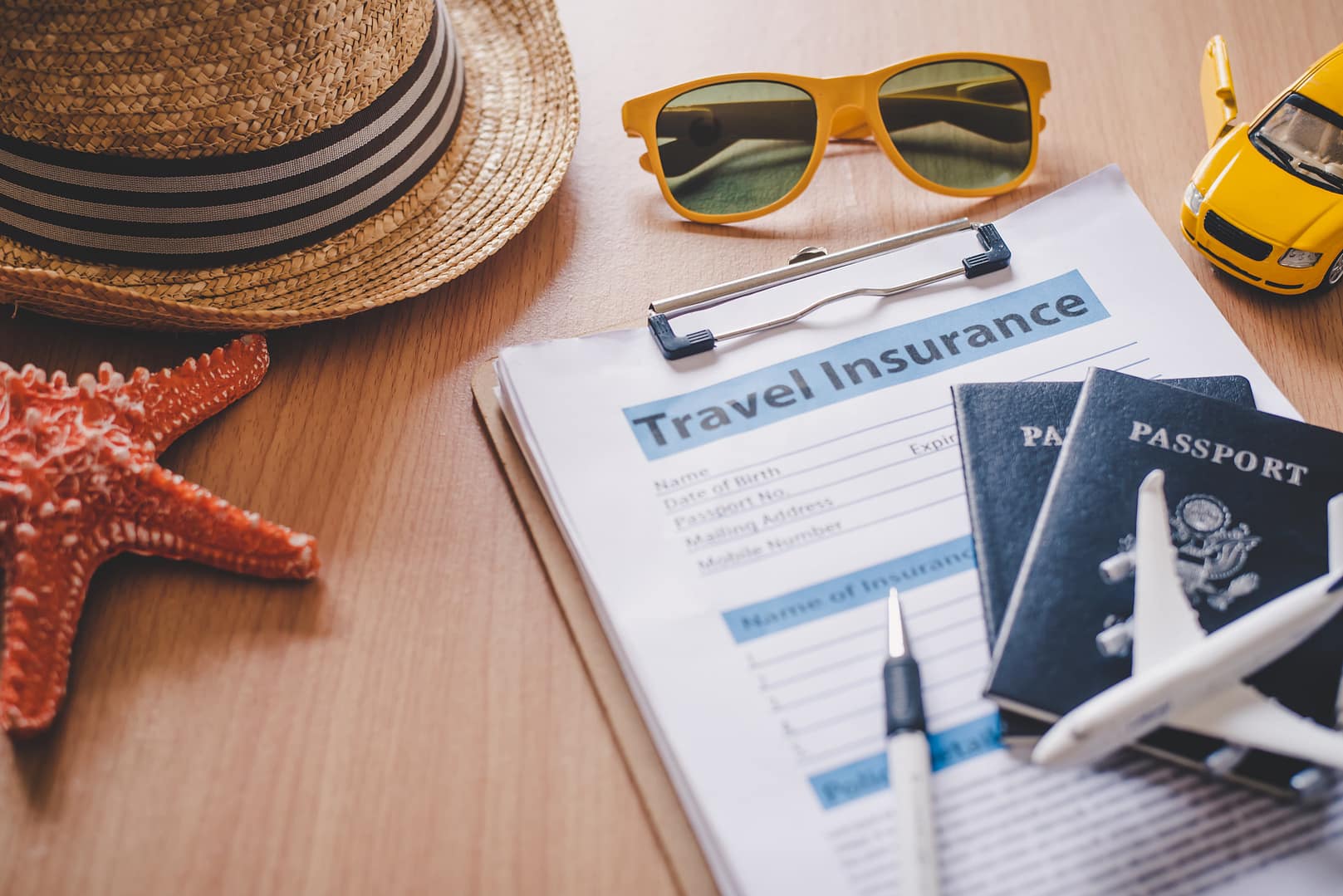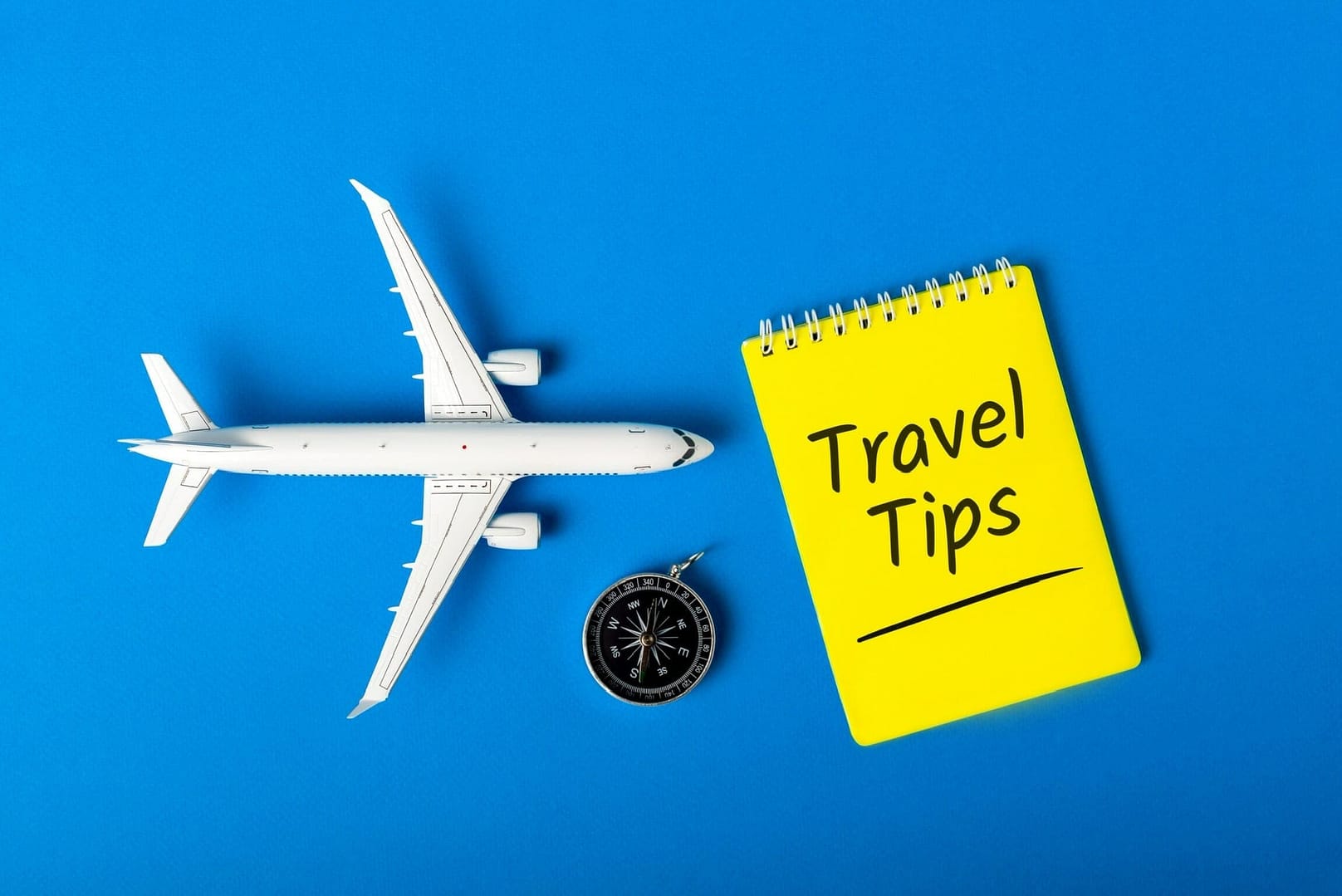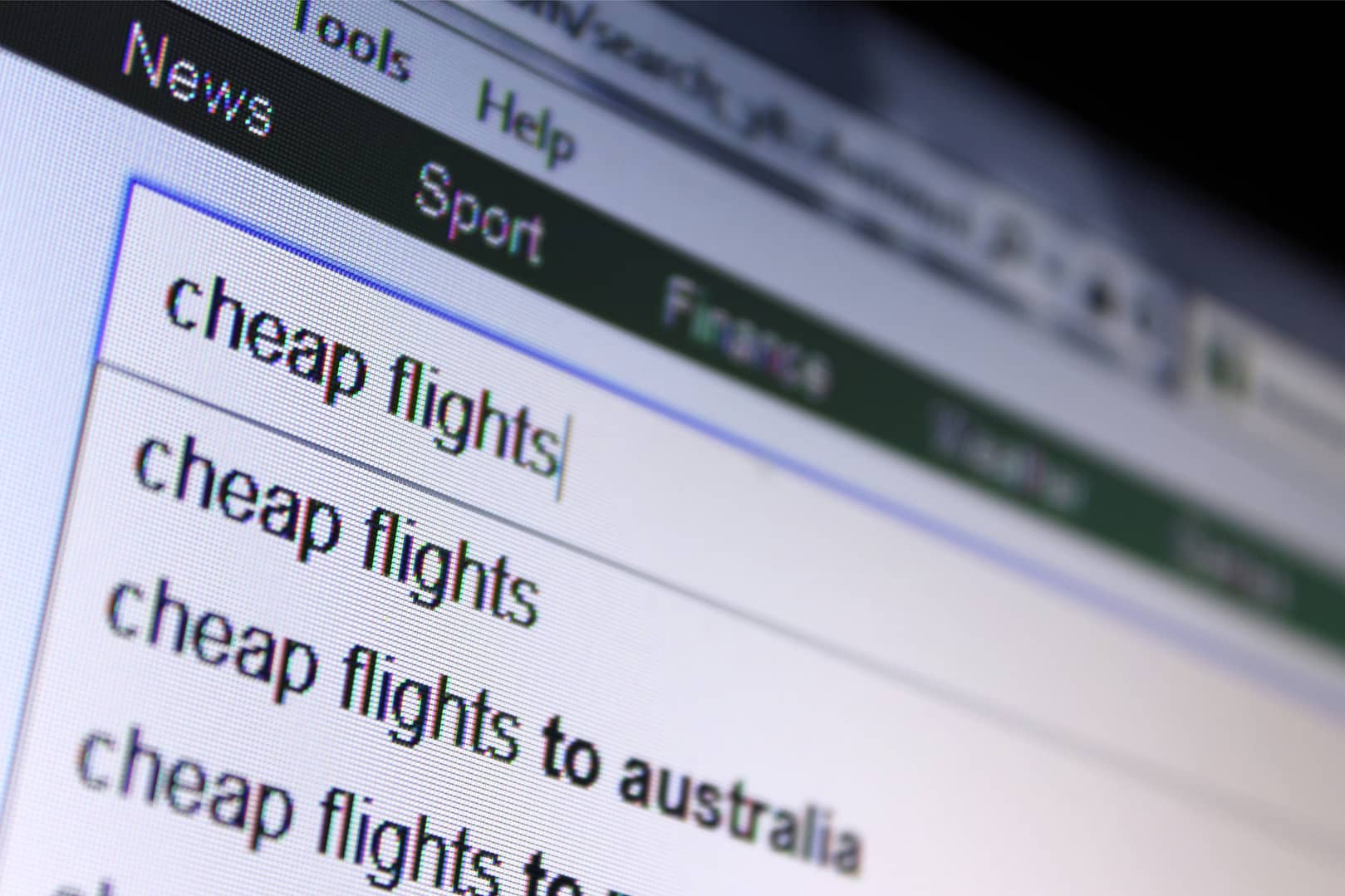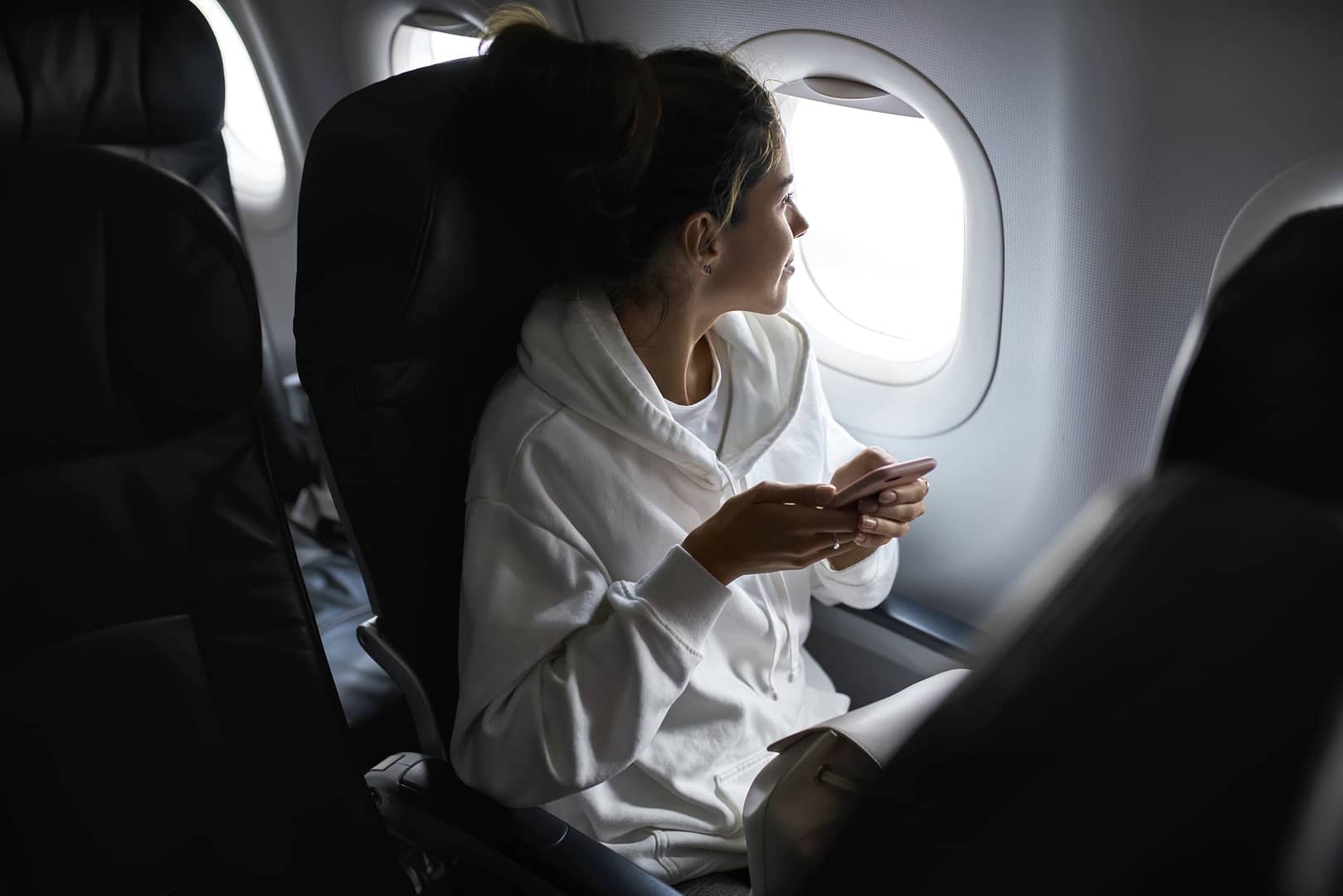Traveling is supposed to be fun, right? Don't let worries over potential mishaps turn your vacation into a stressed-out mess. But between freak storms, surprise illnesses, and lost luggage playing hide and seek, disaster can strike even the most perfectly planned trip. Take it from us, we once spent an entire all-inclusive getaway glued to the bathroom thanks to some suspiciously sketchy street meat. Not our finest hour!
Luckily, with the right travel insurance, you can relax and actually enjoy your hard-earned time off. No more envisioning your bags bouncing their merry way to Timbuktu or freaking out over medical bills from the Italian ER (sorry Mom!). In this tell-all guide, we’ll give you the inside scoop on picking the policy that's got your back, whether at home or abroad.
Together we'll figure out what coverage options fit your trip like spandex on a Kardashian. By the end, you’ll be prepared faster than our Aunt Margaret can pack for a 6-month cruise with her 12 suitcases and a lifetime supply of pantsuits. Let’s get started and turn stressful traveling into smooth sailing! Worst case, at least you’ll get a good story and some vendetta-fueled motivation for planning your next fabulous getaway.
What is travel insurance?
Travel insurance offers financial protection and access to assistance services. During an emergency, an elite team of travel specialists can arrange medical treatment, monitor your care, and provide interpreters. You can even be covered in case of lost or stolen passports. The benefits and coverage vary with each plan, so it's important to choose the right one for your needs. However, you should check if your policy will cover pre-existing conditions before purchasing.
Many people do not understand the importance of travel insurance and aren't sure what they should buy. This article will explain the basics of travel insurance and how to make sure you get the right coverage. Once you understand the basics of travel insurance, you'll feel more confident about your purchase. There are several types of travel insurance policies, so you can choose one that meets your specific needs. It is also important to remember that different policies have different coverage limits.
There are a few different types of travel insurance policies. The most common are medical, trip cancellation, and baggage:
- Medical insurance will cover you in case of an emergency while you're traveling. This can include things like hospital stays, surgery, or evacuation back to your home country.
- Trip cancellation insurance will reimburse you for the cost of your trip if something happens that forces you to cancel - like a natural disaster or serious illness.
- Baggage insurance covers lost or damaged luggage during your travels. Other less common policies include pet care, legal assistance, and terrorism coverage.
It's important to read the fine print on any policy before purchasing to make sure that it covers what you need! You can also opt for a comprehensive policy. The more comprehensive your coverage, the less expensive it will be. If you have children, you can choose a travel insurance policy that covers their medical expenses and luggage loss too.
Types of travel insurance policies
You can choose from several types of travel insurance. Here are some things to consider when choosing a policy:
- Medical coverage and pre-existing conditions - Some policies will not cover medical expenses resulting from pre-existing conditions, so it's important to check this before purchasing your plan!
- Trip cancellation and baggage loss fees - Find out if there is a fee for canceling or changing your trip itinerary, as well as how much the deductible is on your luggage loss claim. The more comprehensive your plan, the higher these may be.
- Children's policies - If you're traveling with children, you can purchase a policy that covers their medical expenses and lost or damaged luggage.
- Senior citizens' travel insurance - Seniors often receive discounted prices on travel insurance since they are less likely to take risky trips abroad. However, seniors should still consider purchasing an international plan for peace of mind when traveling outside the country!
- Comprehensive policies - You can purchase a travel insurance policy that covers all of your needs or choose to buy one for each type of coverage you need. The more comprehensive your plan, the less expensive it will be.
There are also other types of plans that may not extend medical benefits but still provide financial protection during an emergency abroad:
Cancel For Any Reason (CFAR) – This gives travelers the option to cancel their trip if something happens and they decide not to go on vacation after all. There is usually a fee associated with this type of cancellation though! If you do use CFAR, make sure you read the fine print so that you know exactly what's covered under your policy. Trip Interruption Insurance – Similar to Cancel For Any Reason, Trip Interruption Insurance allows you to change your travel plans and reschedule without paying additional fees. This is a great option if there's an emergency and you need to come home early.
Flight Insurance – If after purchasing airline tickets, the price goes down or something happens that causes the cost of your flight to increase significantly (like a strike), most travel insurance policies will reimburse you for the difference. Flight insurance policies work in real-time so they can cover any changes made as long as it's within 24 hours before departure!
Travel Risk Guarantee – This policy reimburses travelers for lost deposits on unused tour packages or cruise reservations due to natural disasters, terrorism, or political unrest. For example: let's say you've booked a flight and tour package to Greece but the country is experiencing political unrest. If your trip is canceled due to the unrest, your travel insurance company will reimburse you for the cost of your flights and tour!
As you can see, there are many different types of policies available and it's important to choose one that fits your needs. Be sure to read the fine print on any policy before purchasing in order to avoid any surprises down the road.
Things to know before buying a policy
There are a few things you should know before buying travel insurance:
- Some policies do not cover pre-existing conditions. Be sure to check with the insurer to see if your medical history is covered.
- Make sure you understand what is and isn't covered in your policy. Cancellation, baggage loss, and medical expenses are some of the most common items that are included in travel insurance policies.
- Policies vary from company to company so it's important to shop around for the best deal. Rates can also change depending on where you're traveling, how long you'll be gone, and the age of the travelers.
- Many insurers require that you purchase your policy within two weeks of making your initial trip deposit. This is a great way to make sure you're covered in case there's an emergency or unforeseen event that requires you to cancel your trip.
- Once purchased, travel insurance policies cannot be changed unless by special request and additional fees may apply. Be sure to check with your insurer if you'd like any changes made before the policy begins!
- You must be 18 or older to buy travel insurance.
- If you are traveling with children or teens, make sure they have their own individual travel insurance policy.
- If you are going to be traveling abroad, check the expiration date on your passport. Some travel insurance companies will not cover a trip if your passport expires within six months of when you're supposed to return home!
- Travel insurance does not typically cover lost luggage or personal items (like cellphones). Check with your specific insurer for more details about what is covered in case something happens while you're away from home.
- If you are traveling to a country that requires an entry visa, make sure your travel insurance policy covers the costs associated with obtaining one.
- Make sure you read through any additional terms and conditions before purchasing or using your policy.
- Most travel insurance companies offer an assistance service that can help you with your trip in the event of any unforeseen issues. Check to see if this option is available and how it works before purchasing a policy!
With all that in mind, it's important for every traveler to purchase a policy before leaving their country! Be sure you read the fine print on any plan and shop around for the best deal. Knowing what is included will allow you peace of mind when traveling abroad!
When should I buy travel insurance?
Just purchased your plane tickets? It's important to purchase travel insurance within 24 hours of booking, if possible. If you are traveling abroad with a passport that expires in less than six months or has not been used for international travel before, make sure to buy coverage at least 14 days prior to departure!
If your destination requires an entry visa, check if it is covered by the insurance company and plan to buy coverage at least one week before departure.
It's also important to note that travel insurance policies typically cannot be changed or canceled once purchased so make sure you're getting all the information from your provider prior! Some policies may not take effect until 24 hours after purchase as well.
In order for any travel insurance company to cover pre-existing medical conditions, you must provide proof of those symptoms within seven days of purchasing a new policy - this does vary between insurers though so be sure to read through all the fine print when buying a plan.
P/s: If you or a member of your party has been diagnosed with any medical conditions, make sure to add them when applying for travel insurance. This will help protect against pre-existing medical problems if they should arise while away from home!
Is there a time that you might not need travel insurance?
Yes, absolutely! There are some instances when it might not be necessary to buy travel insurance:
- If your destination doesn't require an entry visa, then you likely will not need travel insurance (but check with your specific insurer just in case).
- If the cost of flights and tours has already been paid for, they may no longer be covered through tour operators or airlines; contact them directly about what options might still exist.
If none of these examples apply, don't hesitate to purchase travel insurance! It's better to be safe than sorry.
Comparing policies and choosing the right one for you
When looking for the best travel insurance policy, compare what is covered as well as the price. Sometimes it's helpful to read reviews of policies before making a purchase decision - this can give you an idea about how other customers felt about their experience with a particular plan.
It's important that you find a policy that meets your needs and budget; don't be afraid to ask questions if something isn't clear! Also, make sure to shop around and compare prices between different providers.
Policies typically last anywhere from one week to up to a year, so choose the time frame that works best for your upcoming trip(s).
Some things you might want to consider when comparing policies:
- The cost of the policy (premiums), as well as any deductibles (the amount you must pay before receiving benefits) and copays.
- The coverage the policy provides: what is covered, for how much money? Are there limits to certain types of activities or the number of days spent traveling? What about pre-existing medical conditions and age restrictions?
- Travel insurance policies can vary depending on where they're purchased from - make sure that your travel agent, airline company, tour operator have all told you which provider they recommend!
This way your insurer knows exactly who will be paying into a claim if something should arise while abroad. In general, it's best to check with an individual supplier rather than just calling up the first phone number listed online. P/s: If you're not sure about something, ask your insurance agent!
No policy is perfect for every traveler, so it's important to be aware of what might not be covered before purchasing a plan. For example, some policies will not cover you if you are participating in dangerous activities like skiing or scuba diving. Others might only provide limited coverage if you need to evacuate the country due to a natural disaster.
It's also important to remember that travel insurance usually doesn't cover lost or stolen luggage - this is typically handled through your airline or credit card company.
Before buying any travel insurance policy, read through the fine print and make sure that everything that applies to your upcoming trip is included!
Now that you know what travel insurance is and some of its key features, let's take a look at how to choose a policy from a reputable company.
If you want to know how to choose the right travel insurance company, you can read it here.
Where can I buy travel insurance online or in-person?
There are a variety of ways to purchase travel insurance, both online and in person.
- Online: You can buy travel insurance policies through various websites; just be sure to do your research before purchasing a plan. Many reputable providers have websites that allow you to compare features and prices between different plans.
- In-Person: Travel agents and tour operators typically offer travel insurance as part of their services, but it's also possible to find standalone providers at airports or other tourist destinations. If you're not sure where to start, ask around - friends or family who has recently traveled might have some good recommendations!
- Over the phone: You can also purchase travel insurance over the phone by calling a toll-free number. This might be a good option if you're not sure what you need or have specific questions about a policy.
No matter how you choose to purchase your policy, always make sure the company is licensed in your home country and has a good reputation. You can also request a sample document to see what the policy includes. This way you won't be surprised by any hidden fees or shortfalls after it's too late!
Once you've bought your travel insurance, make sure that everything is clearly outlined in your policy documents. Read through all of the fine print, and don't leave out anything important when filling out claims forms!
Keep copies of receipts for any expenses covered under your plan; this will help with reimbursement later on. If something happens while abroad, call the emergency assistance number listed on your policy (in most cases they'll have an English-speaking representative available!).
Plus, explain exactly what happened - employees should always direct you to local hospitals and doctors if necessary. By keeping detailed records of expenses and activities, you'll have a much better chance of being reimbursed for covered costs when filing claims.
Final thoughts
Traveling is an amazing experience, but it's important to do so safely and securely. By following these tips and reading The Ultimate Guide to Buying Travel Insurance, you'll be prepared for anything that comes your way while on the road!
*Bonus tips
SAFETY FIRST: Make copies of important documents like your passport and driver's license, just in case they get lost or stolen while abroad.
PASSPORT RULES: If your passport expires within six months of returning from your trip, most countries will not allow you into the country - make sure to check the expiration date before leaving!
GET COVERED: Purchase travel insurance before heading out on your next journey - this will help protect you against any unexpected costs that might come up while abroad.














